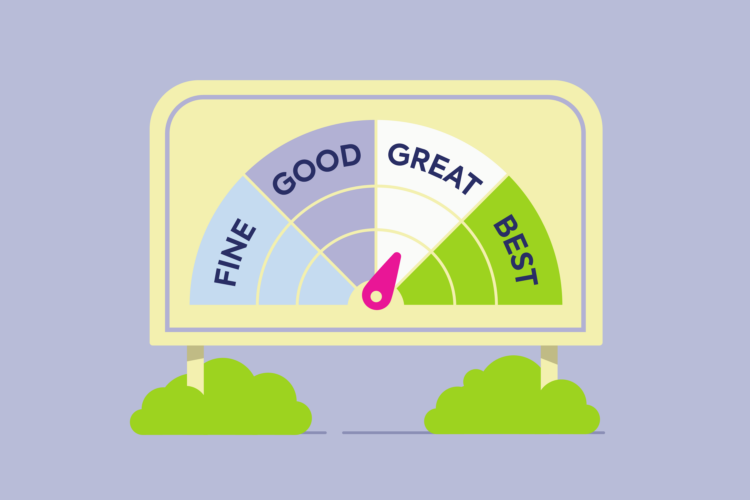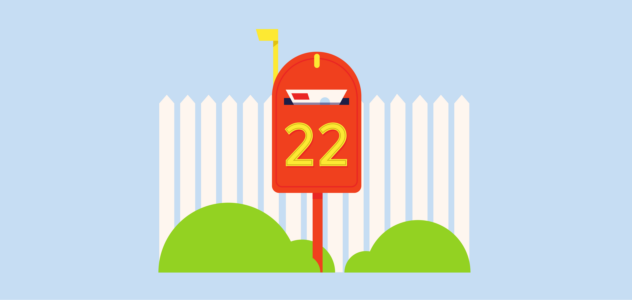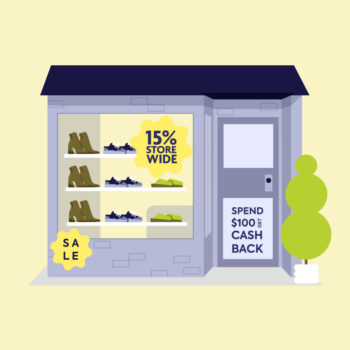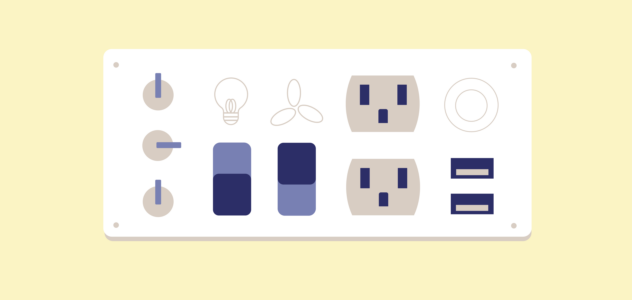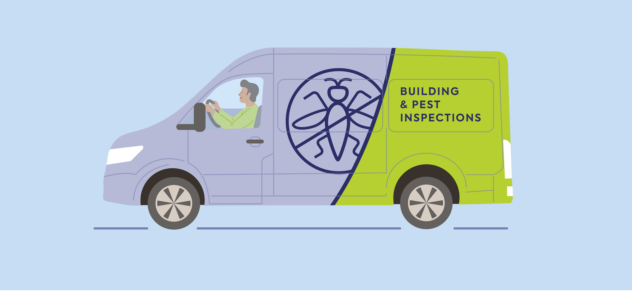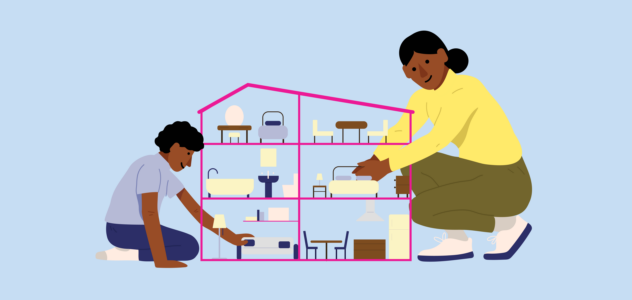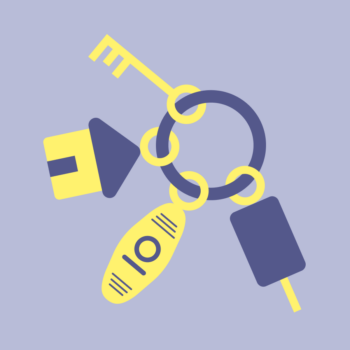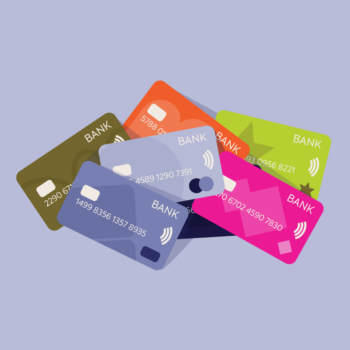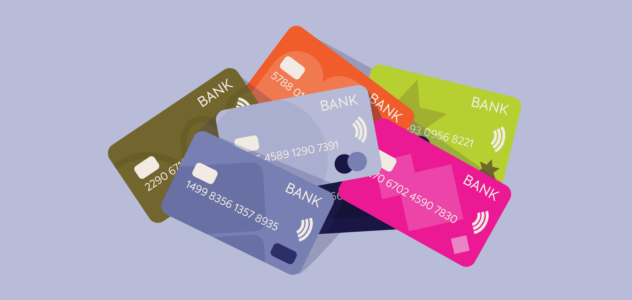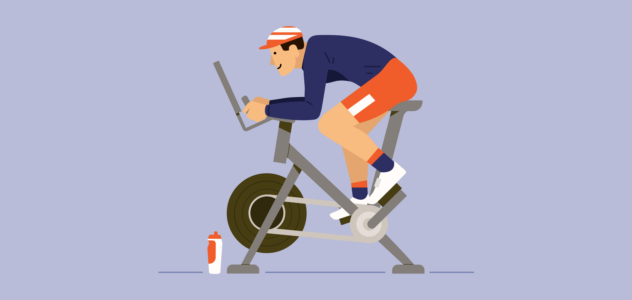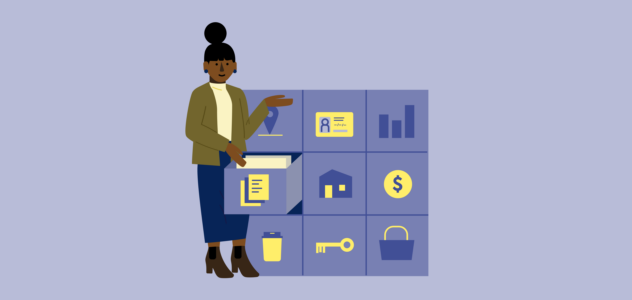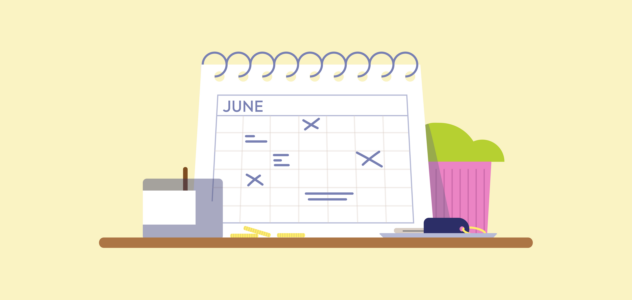When deciding whether to lend you money, a bank will look at ‘past you’ to predict how ‘future you’ will behave.
More specifically, they’ll look at a handy thing called a ‘credit score’ – a number that rates your ‘creditworthiness’ based on your borrowing and repayment history.
Why? Well, it’s all to give the lender the confidence you’ll be able to pay them back on time (fair enough, we think).
So, let’s look at what a credit score actually is, as well as how to improve your credit score so you’ll be more likely to be approved for the loan you want. Booyah.
What is credit score, actually?
We’ll say it again for good measure. Credit score is a number that rates your ‘creditworthiness’ – which is a fancy way of saying how likely, based on past behaviour, you are to pay your loan back on time.
It’s different to ‘credit history’, which is a summary of your past borrowing and repayment behaviour, such as credit card accounts and other loans. However, your credit history is used as an input to calculate your credit score.
A lender will use your credit score (along with other risk criteria) to decide whether they’ll lend you cash-money. So, it’s a score worth learning about.
How is credit score calculated?
So, now we know what credit score is, what goes into your credit score?
Each credit score calculation can vary, but most will take into account:
- Credit repayment history
- The size and type of loans you have (past and present)
- The credit providers you’ve used (for example, a loan with a major bank versus a payday lender will be treated differently)
- Trends or patterns in your credit behaviour (for example, lots of applications for credit in a short space of time versus applications spread over a longer period of time)
- Any loan defaults you have had
- Your association to other entities (are you a director of a company with a good or bad credit history?)
- Personal information such as age and employment stability
What is a good credit score?
The actual score range can vary from lender to lender. But as a general rule across all lenders, the higher the number, the better your credit score.
For example, if you get your credit score from Equifax, you’ll be ranked from 0 to 1200 (but other lenders might use a different system).
Here’s a breakdown of the approximate classification from Equifax:
- Below Average (≈0–459)
- Average (≈460–660)
- Good (≈661–734)
- Very Good (≈735–852)
- Excellent (≈853–1,200)
How important is credit score, really?
There’s no sidestepping it, lenders will review your credit score – so it’s important to keep that in the back of your mind. However, it’s not the only factor that determines your ability to get approved for a loan.
It’s one input they use in a broader assessment (which takes into account a whole bunch of other factors like your current borrowing capacity and ability to service the loan you are applying for). So while it’s an important calculation, it shouldn’t be seen as a scary thing.
Plus, with a little effort, it can be an easy score to influence and improve. More on that now.
How to improve credit score
Pay your bills on time
Making payments on time shows lenders you’re reliable – plus, it’s a simple way to create good financial habits and build your credit score. Make a record of when all your bills are due so you’re ready to pay them when the time rolls around.
Make sure you’re up to date with any loan payments
Debt isn’t necessarily looked at as a ‘bad’ thing by a lender – rather, it’s often how you can manage it. If you have outstanding loans — whether it’s a home loan, personal loan, or even a car loan — do your best to stay on top of your repayments.
Limit your credit cards (or pay off the ones you don’t need)
Credit cards are convenient, but having too many? Well, it could hurt your credit score. Especially if they’re not being used wisely. If you have cards that you don’t need or use, consider paying them off or close the accounts to simplify your financial picture.
Limit your credit card applications
Applying for multiple credit cards within a short period can raise a lender’s eyebrows. Be strategic and thoughtful when you apply for a credit card – do you need it now?
Keep savings for emergencies
An emergency fund is a great way to avoid relying on credit when unexpected expenses pop up. Having savings tucked away for a rainy day means you won’t have to swipe your credit card, which helps you keep your debt low and your credit score steady.
How long does it take to improve credit score in Australia?
If you’re wondering how to improve your credit score, quickly, we hear you.
When you want to get a home loan, it’s only natural to want to give yourself the best chance of success – as quickly as possible.
But it’s a ‘how long’s a piece of string’ question, because the time it takes to improve your credit score depends on your situation. For example, if it’s only a quick fix (like closing a credit card you no longer use) it can be relatively straightforward. But, if it’s something more major, or you have a lot of debt that will take some time to pay off, it can take longer.
Need guidance for your specific situation? A mortgage broker (or home loan expert as we call them) can help with that.
But real talk – does getting a credit report leave a ‘mark’ on my name?
In a word, no.
Even if your credit score isn’t as good as it could be, getting a free credit check won’t leave a ‘mark’ on your file OR impact your ability to improve your score down the track.
Remember, credit score isn’t set in concrete – with a little time and effort, you can influence and improve your credit score.
A lender will always do their due diligence, so whether you get a credit score now or later won’t make a difference.
Where can I find out my credit score?
There are several platforms where you can go to get a free and confidential credit score.
At Finspo, we recommend Equifax’s Free Credit Report, which includes your credit rating, key factors impacting your credit rating, credit products you currently hold, past applications you’ve made for credit, repayment history and overdue debts. Then, once you’ve got your free credit report, you can work with a broker to see how much you could potentially borrow.
Ready to chat with a broker?
At Finspo, we’re a team of home loan experts (but not the suit-n-tie-wearing kind).
Once you’ve got your Free Credit Report (or even before you take that step) our brokers make the home buying journey a smooth one – working with you from pre-approval to settlement and beyond.
Meeting with a Finspo home loan expert is easy, free and totally non-intimidating. Yes, we said free.
It’s as easy as 1, 2, 3
- Book a chat with a friendly Finspo expert (online, phew!)
- Tell us about yourself and provide any additional info
- We’ll do the heavy lifting and present you with some loan options and a recommendation
